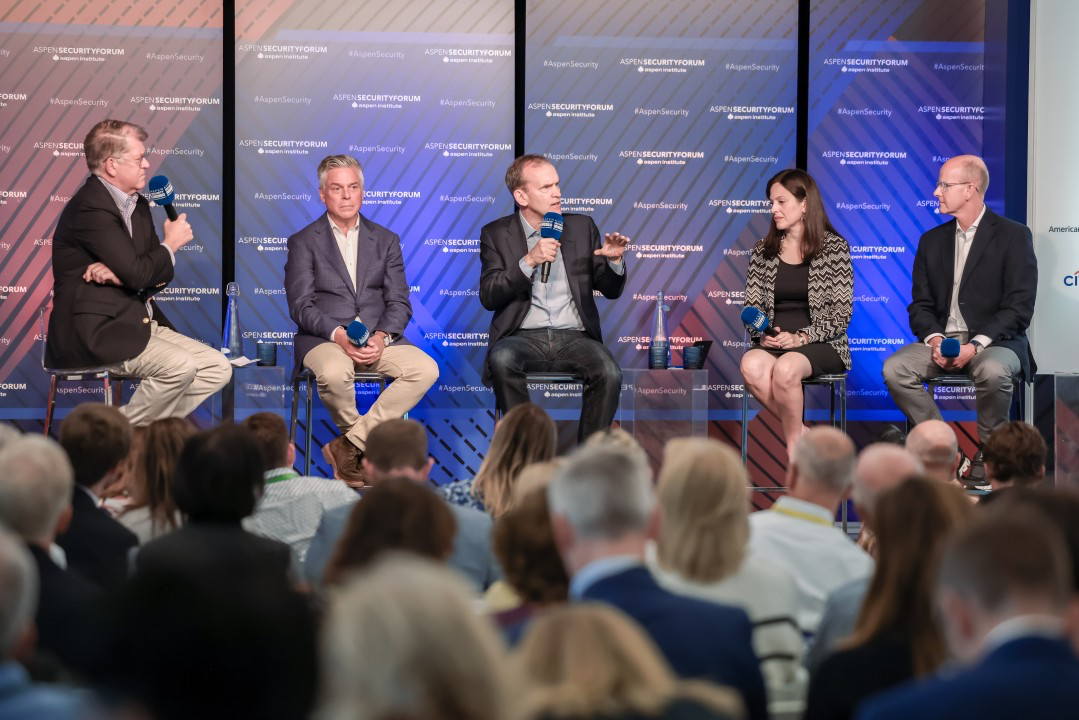The following was originally posted to LinkedIn by Kent Walker, President, Global Affairs at Google & Alphabet on July 23, 2024.
At the 15th annual Aspen Security Forum last week, I had the great pleasure of joining Sir Jeremy Fleming, Jon Huntsman Jr, and Anne Neuberger on stage for a discussion about securing trust in the digital economy.
Steve Clemons moderated our discussion and was keen to find out if AI will be a net positive for global security–or something that will make the threat landscape all the more perilous.
My perspective was that we live in a highly-connected world in which we are all only as strong as the weakest link. But with the right foundations in place, AI has the very real potential to tilt the cybersecurity balance from attackers to defenders.

